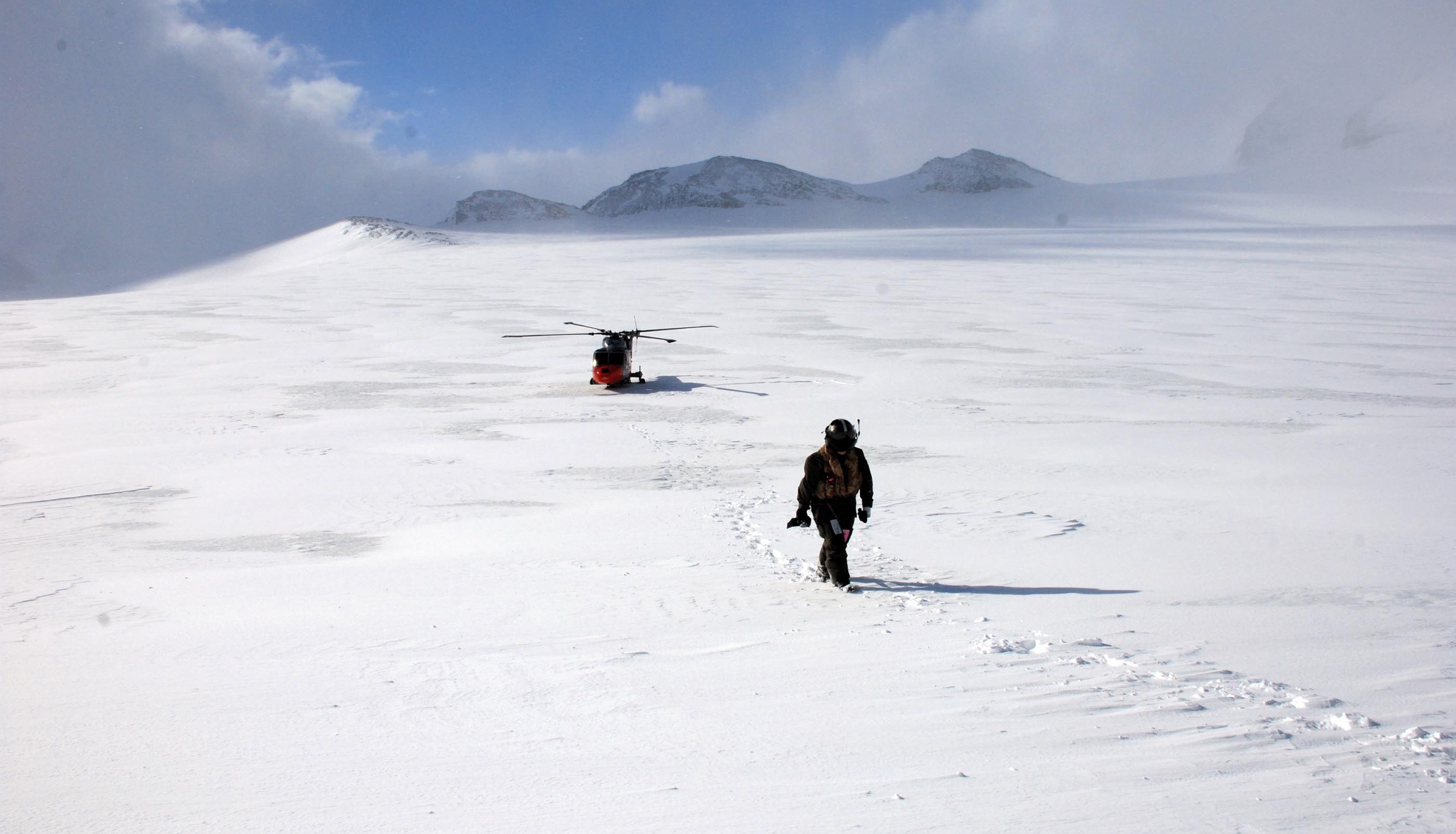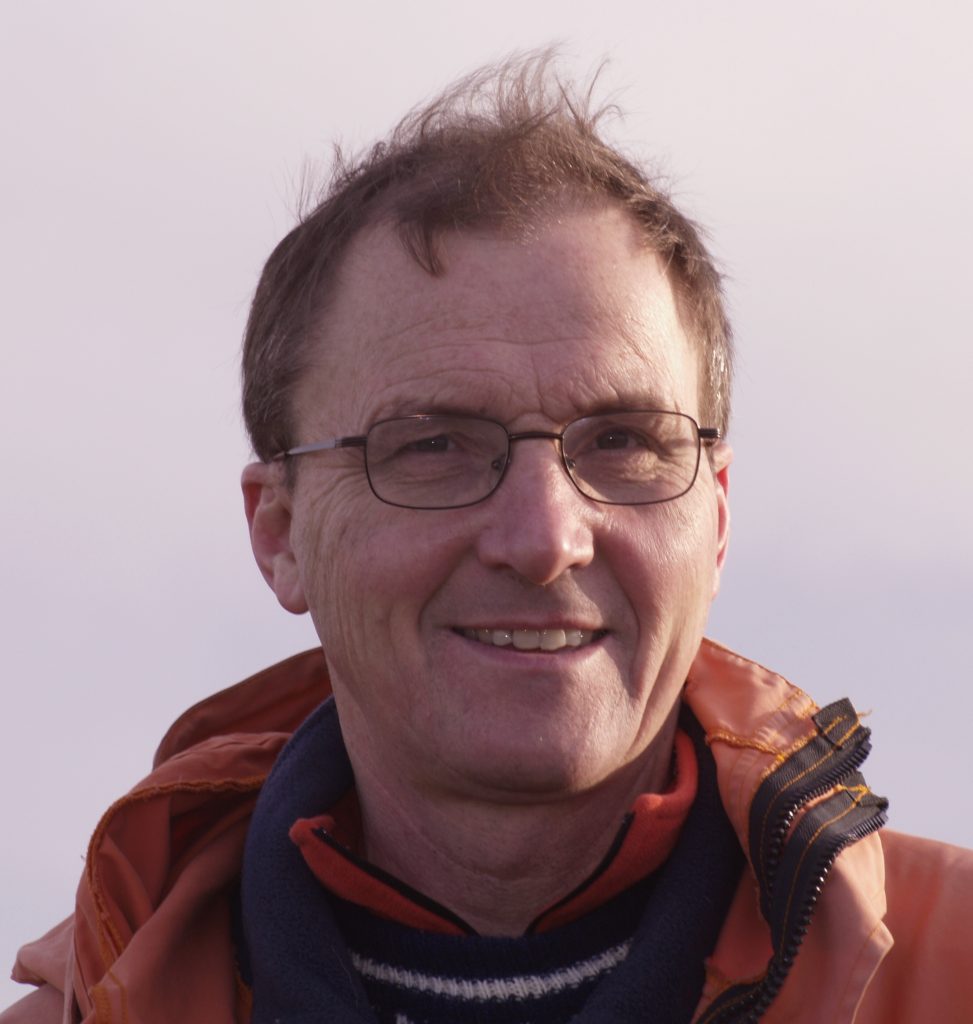A St Andrews scientist has followed in the footsteps of giants of exploration by being awarded the Polar Medal.
Professor Ian Boyd FRSB FRSE, a former director of the University of St Andrews Sea Mammal Research Unit, received the accolade in recognition of his research on the ecology of seals around South Georgia.
The Polar Medal is given by Her Majesty the Queen to acknowledge valued service given in the Polar Regions. Former recipients include Captain Robert Scott and Sir Ernest Shackleton.
Professor Boyd, who is now chief scientific adviser at DEFRA, worked with the British Antarctic Survey from 1987 to 2001, spending 12 summer seasons in Antarctica.
He studied the structure and dynamics of the Southern Ocean from the perspective of top predators.
The hi-tech equivalent of contemporary ‘Fit-Bits’ were implanted safely under the skin of seals, penguins and albatrosses to find out more about their metabolism and energy use.
“I feel humbled to be joining the ranks of many of the people I respect most, from the greats of the age of polar exploration to former colleagues,” said Professor Boyd.
“Of course, the honour of receiving a Polar Medal is small compared with the honour of having spent a significant proportion of my life in what is certainly the most fascinating and unspoiled region of the planet.
“My surprise at receiving the medal was mainly because I never thought I had done enough to deserve it, although my peers obviously think differently.
“I came relatively late to Antarctic travel and this meant I had never over-wintered in Antarctica which is, in my view, a mark of true personal sacrifice.
“By the time I spent my first summer there I was already married and had two young children.
“Communications in those days were still by short-wave radio and I was in a remote location. This meant my ration was 30 words per month to my family.
“The real Polar Medallists should be the partners and families of those who disappear into the wilds of the deep south for months on end.
“I never had the guts to leave the family for more than five months at a stretch.
“I truly loved my work and still do. The science I was doing was gripping and at times, wild. There was a heady mixture of high science and adventure.
“I was exploring the way in which large, charismatic animals manage their energy budgets in the context of a very big ocean which drives the climate of the planet.
“This was a lens through which I was finding out how to manage the inexorable exploitation of global resources.
“But in retrospect one never quite appreciates the moment and only now do I realise that I was doing something special.”










